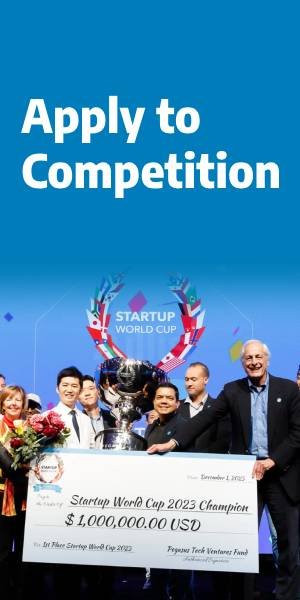The European Union will impose tariffs of up to 37.6% from July 5 on imports of electric vehicles made in China, EU officials said, raising tensions with Beijing in Brussels’ biggest trade case yet.
KEY FACTS
The tariffs are expected to be in effect for 4 months, during which the “intense” trade negotiations between the European Union and China are expected to continue.
Follow THE FUTURE on LinkedIn, Facebook, Instagram, X and Telegram
The European Commission’s provisional tariffs ranging from 17.4% to 37.6% are designed to prevent subsidized cheap Chinese electric cars from flooding the European market
The new duties will vary for different Chinese manufacturers. For example, a rate of 17.4 percent is foreseen for BYD, 19.9 percent for Geely, and 37.6 percent for SAIC.
The temporary trade defense measures are being imposed because Chinese companies are in a more privileged position than their competitors, benefiting from illegal state subsidies, the European Commission said in June.
ACCENT
China does not want to be drawn into another tariff war while it is still trying to cope with new import tariffs recently imposed by the US. Washington effectively ended duty-free imports of a number of goods worth $18 billion, including electric cars. Coming under the blows of the European Commission, Beijing promises to take all necessary measures to protect Chinese companies.
KEY STORY
The EC’s actions are related to an investigation the commission launched at the beginning of October last year, aimed at checking the Chinese government’s subsidized imports of electric cars from Beijing. The EC concludes that such a state subsidy exists and it represents economic harm to European producers by undercutting prices.
Overcapacity in the Chinese industry (not just in the electric car market) is seen as a major problem, including by businesses in Europe, according to a survey. Recently, EC President Ursula von der Leyen commented to the Financial Times that Beijing has a huge overcapacity that is flooding the EU market with artificially cheap goods and gave a clear signal of a response.
First steps as part of this broader economic stand-off were taken by the US by effectively ending zero tariffs on imports from China. Tariffs on a number of goods with a total value of 18 billion dollars were increased, with the minimum increase being 0.25%.
The EU has also said it will take similar measures in a bid to tackle subsidized imports from China that undercut European prices. Some of these measures will probably affect the import of solar panels, the parts of which are mainly Chinese. We go back even further to a US-EU meeting in Leuven in early April of this year where an agreement was reached to strengthen cooperation in clean energy markets. Shortly thereafter, the US imposed higher tariffs on imports of certain goods from China.
All these concerns about the electric car market in Europe are not unfounded. BYD, China’s largest electric car maker, unveiled its models in Europe last month. In December last year, BYD announced its plans to build a factory in Hungary. China’s Nio opened a new showroom in Amsterdam, and in April Chery entered into a joint venture with Spain’s Ebro-EV Motors to develop new electric vehicles.



